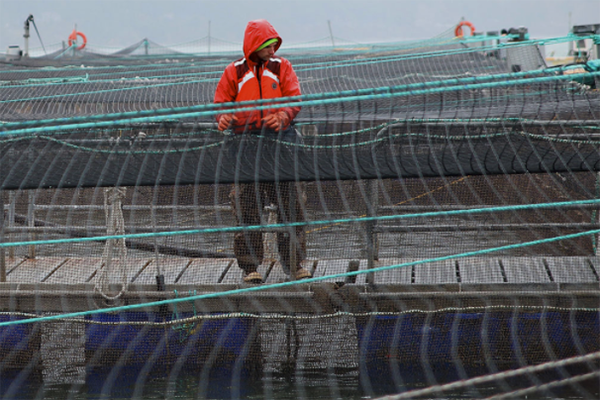
Intelligence
NOAA: ‘Marine finfish aquaculture has no adverse impact on native species in Puget Sound’
NOAA has found that marine finfish aquaculture in Puget Sound has little to no negative impact on native species.
Intelligence
NOAA Fisheries has launched a new mapping tool for marine species, which will help prepare fisheries management for climate change.

Intelligence
NOAA has found that marine finfish aquaculture in Puget Sound has little to no negative impact on native species.
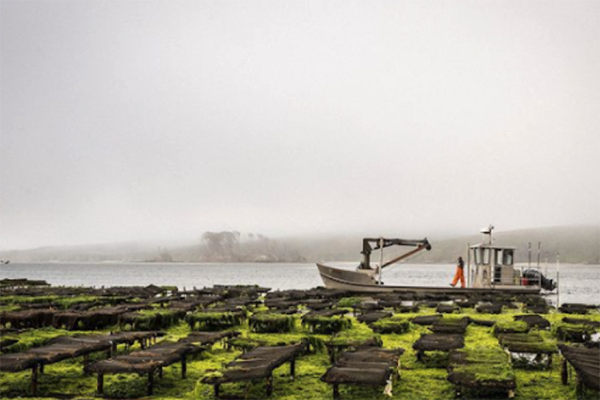
Intelligence
NOAA has released a new guide to help navigate the federal marine aquaculture permitting process in U.S. waters.
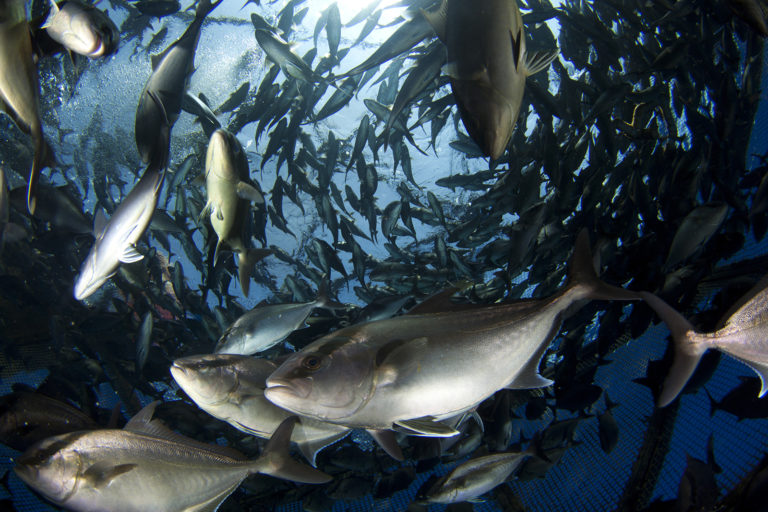
Innovation & Investment
Las nuevas políticas de EE. UU. para los permisos acuícolas en alta mar pronto serán puestas a prueba en el Golfo de México. Con productos importados dominando el panorama de los productos pesqueros de EE. UU., algunos argumentan que ha llegado el momento de que la industria dé un salto adelante.

Innovation & Investment
New U.S. policies for offshore aquaculture permitting will soon be put to the test in the Gulf of Mexico. With imported products dominating the U.S. seafood landscape, some argue the time has come for the industry to take a leap forward.
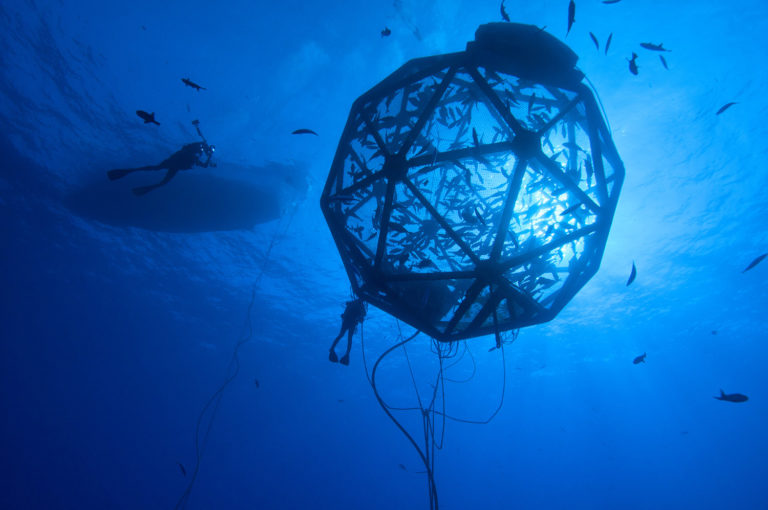
Innovation & Investment
Something must change if the U.S. government hopes to encourage rather than discourage aquaculture, particularly in federal “offshore” waters. Neil Sims says it’s time to stop exporting knowledge, innovation and investment.
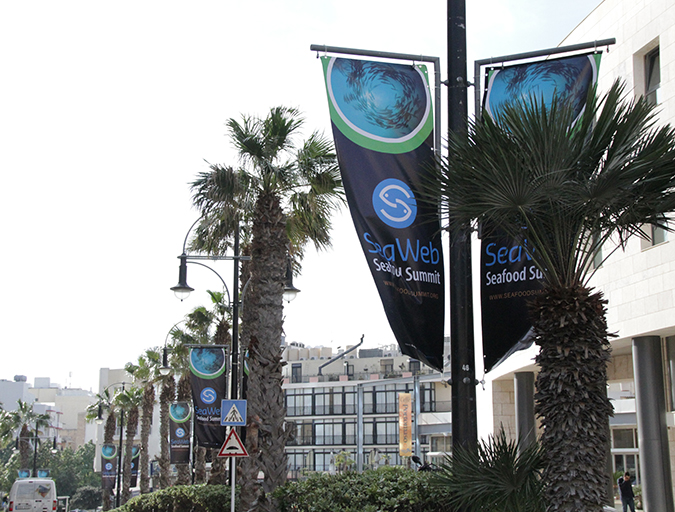
Responsibility
The challenges of farming fish in U.S. federal waters were the focus of a panel discussion at the SeaWeb Seafood Summit in Malta. Despite recent policy updates, U.S. aquaculture chiefs oversee an industry with high barriers for entry.
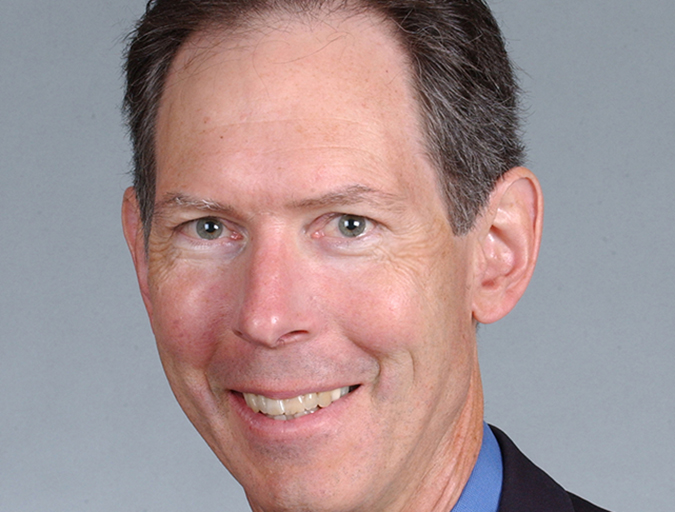
Responsibility
Social license – a community’s acceptance and support of an industry’s presence – is a key factor in aquaculture’s growth prospects. It’s a major obstacle U.S. waters, in particular. Michael Rubino of NOAA Fisheries discusses the challenges.
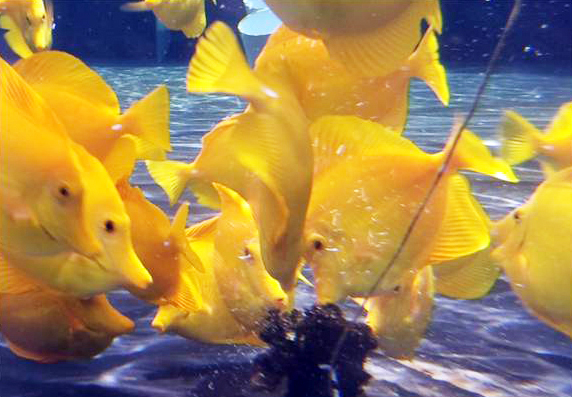
Health & Welfare
The culture of yellow tang represents a considerable economic opportunity and critical conservation strategy in coral reef ecosystem protection. The Oceanic Institute is working to establish aquaculture techniques to reduce the capture of wild fish.
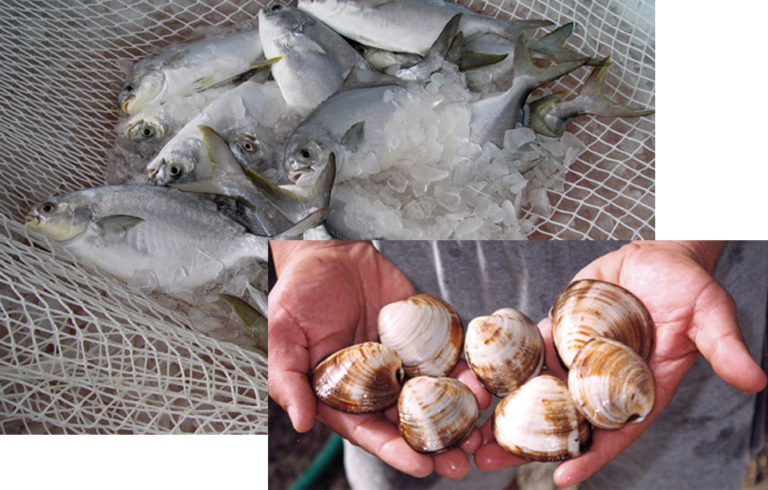
Responsibility
U.S. policies are intended to facilitate sustainable marine aquaculture, restore natural resources and enhance fisheries. Additional initiatives address shellfish production, aquaculture management in the Gulf of Mexico and technology transfer.
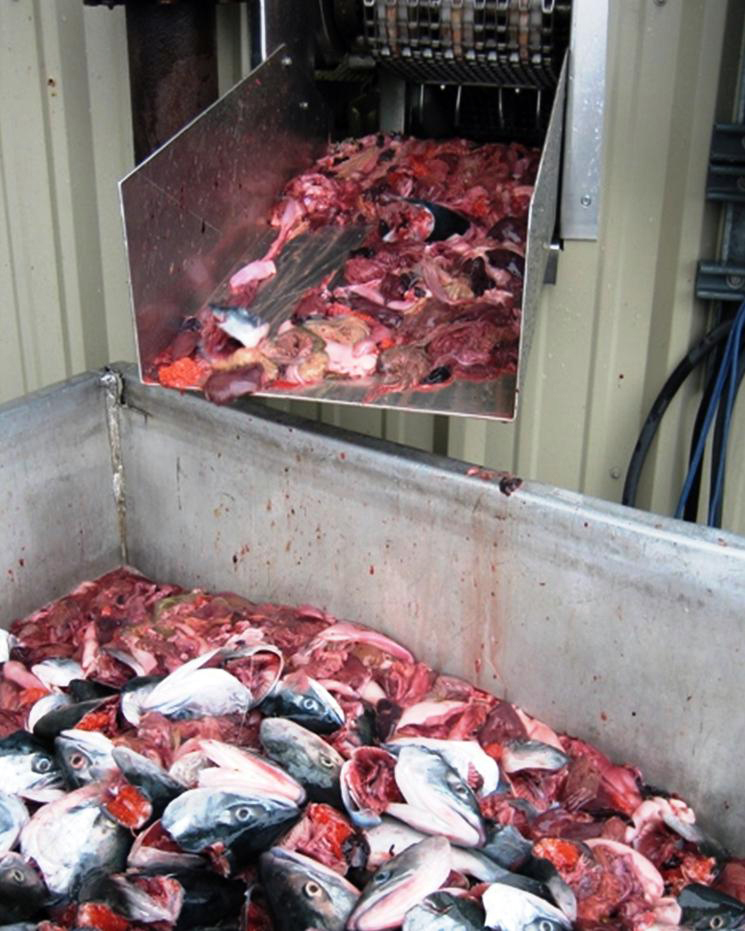
Aquafeeds
The National Oceanic and Atmospheric Administration and U.S. Department of Agriculture joined forces through the NOAA-USDA Alternative Feeds Initiative to identify feed ingredients that will reduce the amount of fishmeal and fish oil in aquaculture feeds while maintaining the human health benefits of seafood. Through research on a variety of sources, promising alternatives are beginning to emerge.